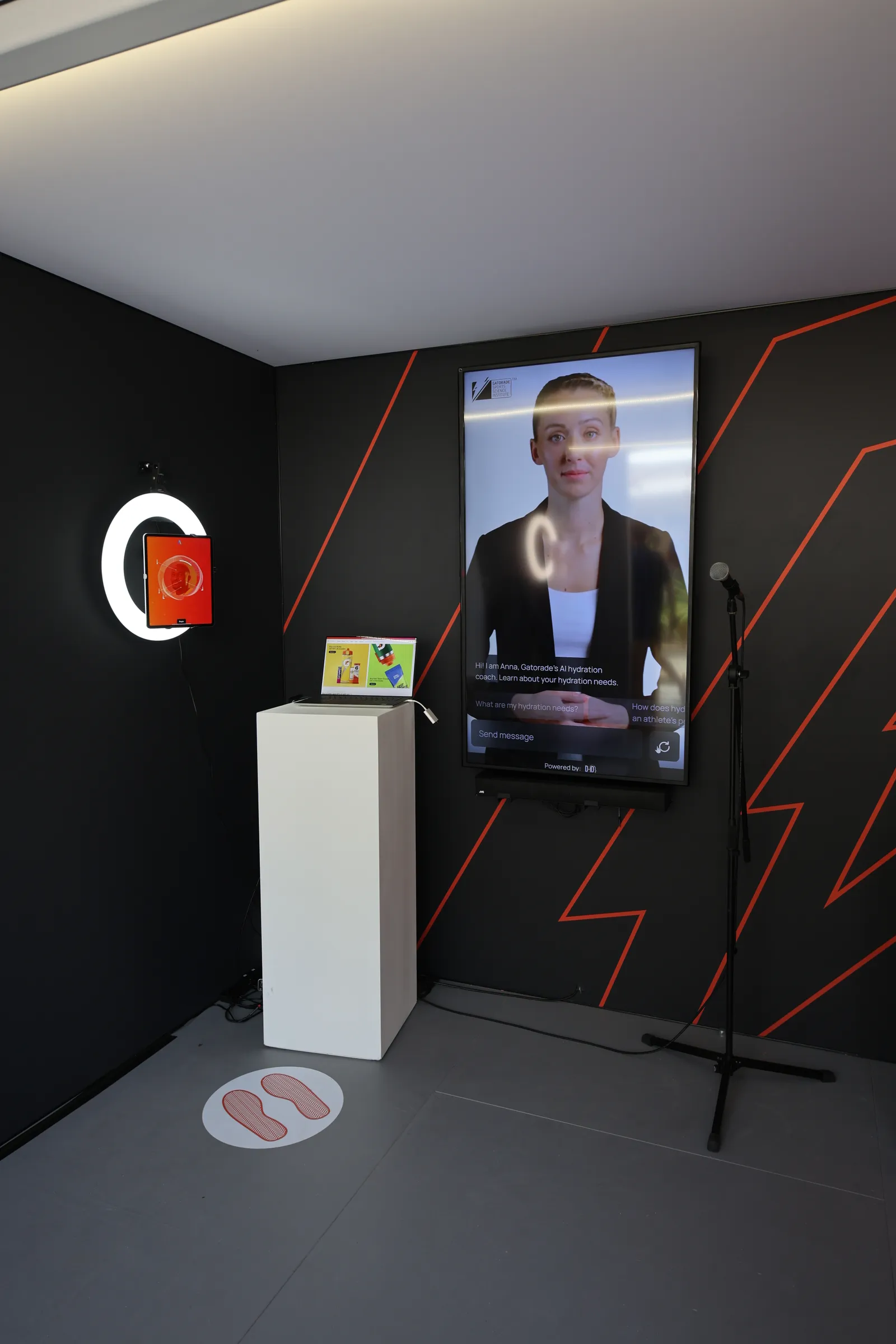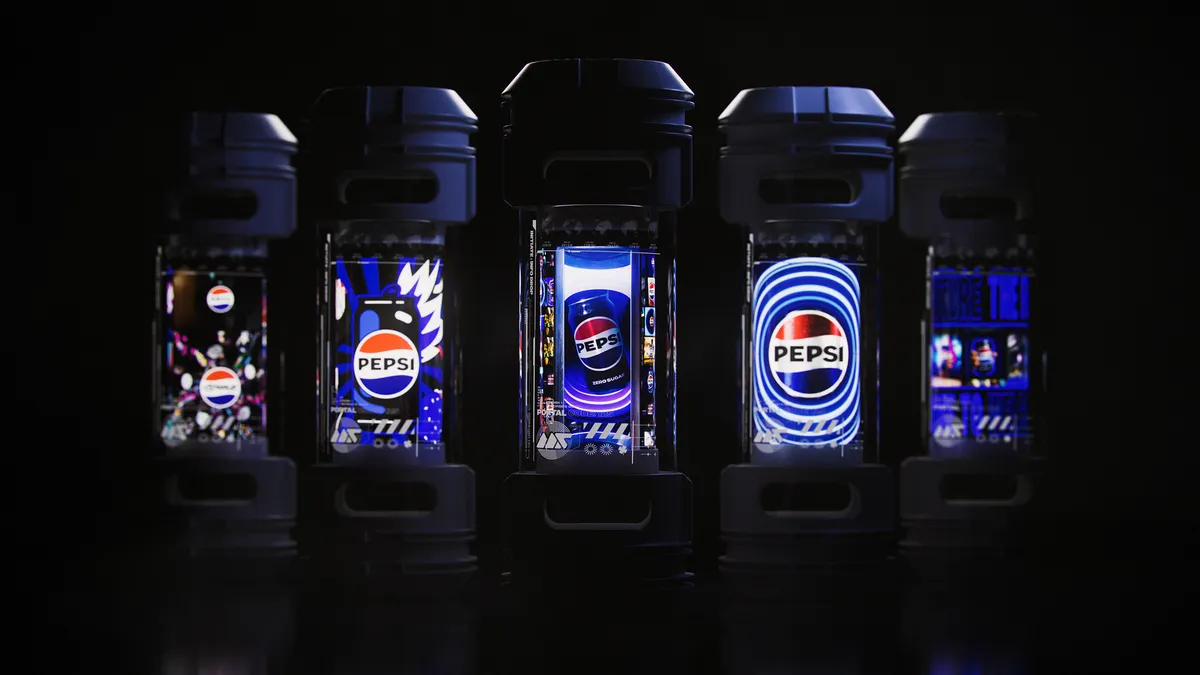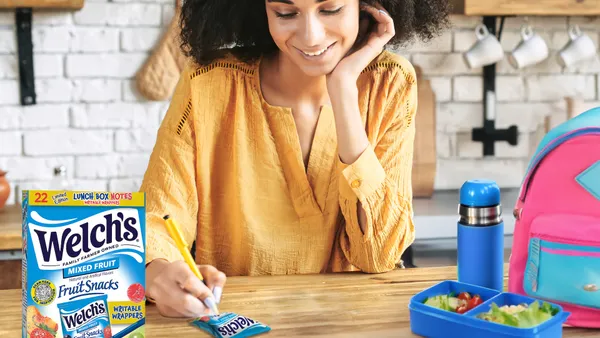Dive Brief:
- PepsiCo brands Gatorade and Pepsi showed off new tech bells and whistles as part of their showcase at the Cannes Lions International Festival of Creativity last week, per details shared with Marketing Dive.
- Gatorade demoed an artificial intelligence-powered AI Hydration Coach named Anna at Stagwell’s Sport Beach venue, where the brand acted as a sponsor. The assistant, trained on historical expertise from the Gatorade Sports Science Institute, breaks down the science behind hydration into an easily digestible form for consumers.
- Meanwhile, Pepsi shared a first look at its Smart Can, a connected device outfitted with wraparound screens, movement sensors and accelerometers that help customize the user experience. The soft drink brand will promote the can-shaped gadget at a future date with creators and fans who will make football, gaming, music and food content.
Dive Insight:
Cannes Lions, which wrapped Friday, is an annual gathering honoring the best in advertising, effectively serving as the industry’s Oscars. PepsiCo this year used the event to preview new experiments that meld marketing, design and technology, with a focus on leveling up personalization.
Gatorade’s AI Hydration Coach taps into the tech of the moment — and talk of the festival — applying AI to educate users about the best ways to stay hydrated through an assistant that draws on decades of historical data from the sport beverage brand’s research institute. The concept leans into the idea that AI has the power to democratize services that were once exclusive, giving everyday consumers the type of expert guidance usually reserved for elite athletes.

At Cannes Lions, Anna was available via a touch screen interface and presented as a virtual avatar wearing a shirt and blazer. Users could ask specific questions related to their hydration needs but also more lighthearted ones, like what Anna’s favorite flavor of Gatorade is. The AI Hydration Coach is aiming for a pilot in a small number of markets in either late 2024 or early 2025, with the goal of eventually engaging consumers at different online and physical touchpoints like in-store displays, a spokesperson said.
Sister brand Pepsi’s innovation toyed with the iconography of the soda can, reinventing it as an “interactive portal” equipped with digital screens, cutting-edge sound technology and motion sensors. The marketer positioned the Smart Can — which, despite its shape, does not contain soda — as a way to deliver personalized experiences to fans and potentially send exclusive assets, such as access codes.
Smart Cans will factor into future Pepsi promotions with creators around gaming, sports and more, though they are not currently available to purchase at retail. The timeline of the Smart Can marketing efforts wasn’t immediately clear beyond Pepsi having more to share in the coming months.
Pepsi trying to push the envelope on consumer tech comes as it recently lost a long-held spot as the No. 2 soda brand in the U.S. to Dr Pepper. Marketing chief Todd Kaplan, a company veteran, departed the brand earlier in June.















